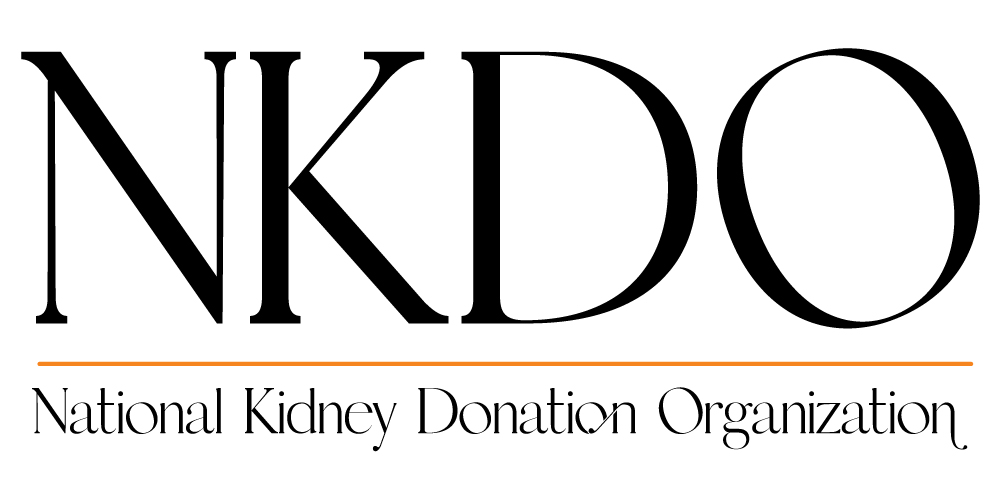

Donor conception: Conceiving with a known donor at a licensed clinic The mother can enter into an agreement providing for her partner to be the child’s legal parent, regardless of their marital status. When a child is conceived at a licensed clinic, the donor will not be the child’s legal parent. From the age of 18, they can request identifying information about the donor and any donor-conceived genetic siblings (with mutual consent). When a child reaches the age of 16, they can request non-identifying information about the donor and any donor-conceived genetic siblings. This can help the parents talk to the child about their origins in the future. The donor is anonymous to the child until they reach the age of 18, although they will sometimes write a short anonymous paragraph about themselves to be shared with the parents after birth. All samples are screened for a number of conditions, including sexually transmitted diseases.Īlthough the sperm donor can request confirmation of the number of children born through their donation, the mother and child are anonymous to the donor. There are strict rules for the selection of donors, which take into account age, health and personal and family medical history. It is unusual for a licensed clinic to allow you to take a sperm sample home, so chances are that the artificial insemination will happen at the licensed clinic. It is unlawful for an unlicensed organisation to provide you with a sperm sample so, if you are using an unknown donor, you will need to go through a licensed clinic. Donor conception: the options Donor conception: Conceiving with an unknown donor at a licensed clinic Conversely, you do not need to be the legal parent of a child to acquire parental responsibility. In practice, an individual with parental responsibility has the right to be consulted about decisions that affect a child, such as those relating to education, health and welfare.Ī legal parent does not always have parental responsibility for a child. Parental responsibility refers to all the rights, duties, powers, responsibilities and authority that a parent or guardian has towards a child in law. A legal parent can make an application in respect of their child under The Children Act 1989 without the permission of the court (for example, for a child arrangements order defining who the child shall live with and/or spend time with).A legal parent can be named on the child’s birth certificate and, if they are, they will acquire parental responsibility for the child.The nationality of a child’s legal parents may determine the child’s nationality.A child may have the right to inherit from a legal parent.A legal parent has a responsibility to financially maintain their child.A child cannot have more than two legal parents.Conversely, a child’s biological parent is not always considered to be their legal parent.

A legal parent may or may not have a biological link to their child.Legal parents have a lifelong legal relationship with their child. Key concepts: Legal parenthood and parental responsibility with donor conception Legal parenthood It is also important to give thought to the implications of using a known or unknown donor. Your child’s legal parenthood will be determined by the circumstances around their conception, such as whether artificial conception takes place at home or if you conceive at a licensed fertility clinic and whether you are single, married or in a civil partnership at the time of conception. One key decision will be whether you use a known or unknown donor, as each option has different implications for both the conception itself and the future. However, whatever lies behind your choice of this route to create your family, the decisions you make along the way can have lifelong implications for you and your child. There are many reasons for considering the conception of a child using donor sperm, otherwise known as donor conception.


 0 kommentar(er)
0 kommentar(er)
